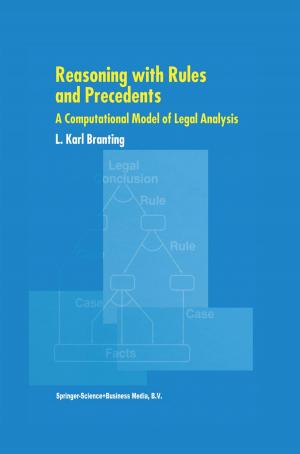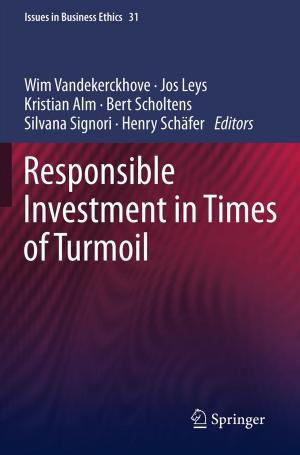The Benzodiazepines
Use, overuse, misuse, abuse
Nonfiction, Health & Well Being, Medical, Medical Science, Pharmacology, Specialties, Internal Medicine, Neurology| Author: | J. Marks | ISBN: | 9789401162036 |
| Publisher: | Springer Netherlands | Publication: | December 6, 2012 |
| Imprint: | Springer | Language: | English |
| Author: | J. Marks |
| ISBN: | 9789401162036 |
| Publisher: | Springer Netherlands |
| Publication: | December 6, 2012 |
| Imprint: | Springer |
| Language: | English |
The story of the benzodiazepines is a fascinating one: the synthesis of a long series of inert compounds and the abandonment of the project: months later, the renewal of the project and the discovery that this compound R05-0690 (Librium ®) was a sedative and muscle relaxant in laboratory animals: the recognition that its postulated structure was wrong and that it was in fact a member of an entirely new chemical class: the excitement caused by the discovery of the powerful taming effect of the drug in wild animals: the even greater excitement in medical circles when its dramatic anxiety relieving effects were cstablished in humans: the subsequent enormous world wide usc of drugs of the benzodiazepine group. I have reason to know the story well for during that period I worked in various capacities in research, marketing and manage ment in the British subsidiary of F. Hoffmann-Ia Roche. It was during this period that I became interested in whether dependence on benzodiazepines could occur and if so to what extent, but felt that this could be examined best from outside the concern. Having now retired from Roche back to academic medicine I have taken the opportunity to examine and analyse the evidence.
The story of the benzodiazepines is a fascinating one: the synthesis of a long series of inert compounds and the abandonment of the project: months later, the renewal of the project and the discovery that this compound R05-0690 (Librium ®) was a sedative and muscle relaxant in laboratory animals: the recognition that its postulated structure was wrong and that it was in fact a member of an entirely new chemical class: the excitement caused by the discovery of the powerful taming effect of the drug in wild animals: the even greater excitement in medical circles when its dramatic anxiety relieving effects were cstablished in humans: the subsequent enormous world wide usc of drugs of the benzodiazepine group. I have reason to know the story well for during that period I worked in various capacities in research, marketing and manage ment in the British subsidiary of F. Hoffmann-Ia Roche. It was during this period that I became interested in whether dependence on benzodiazepines could occur and if so to what extent, but felt that this could be examined best from outside the concern. Having now retired from Roche back to academic medicine I have taken the opportunity to examine and analyse the evidence.















